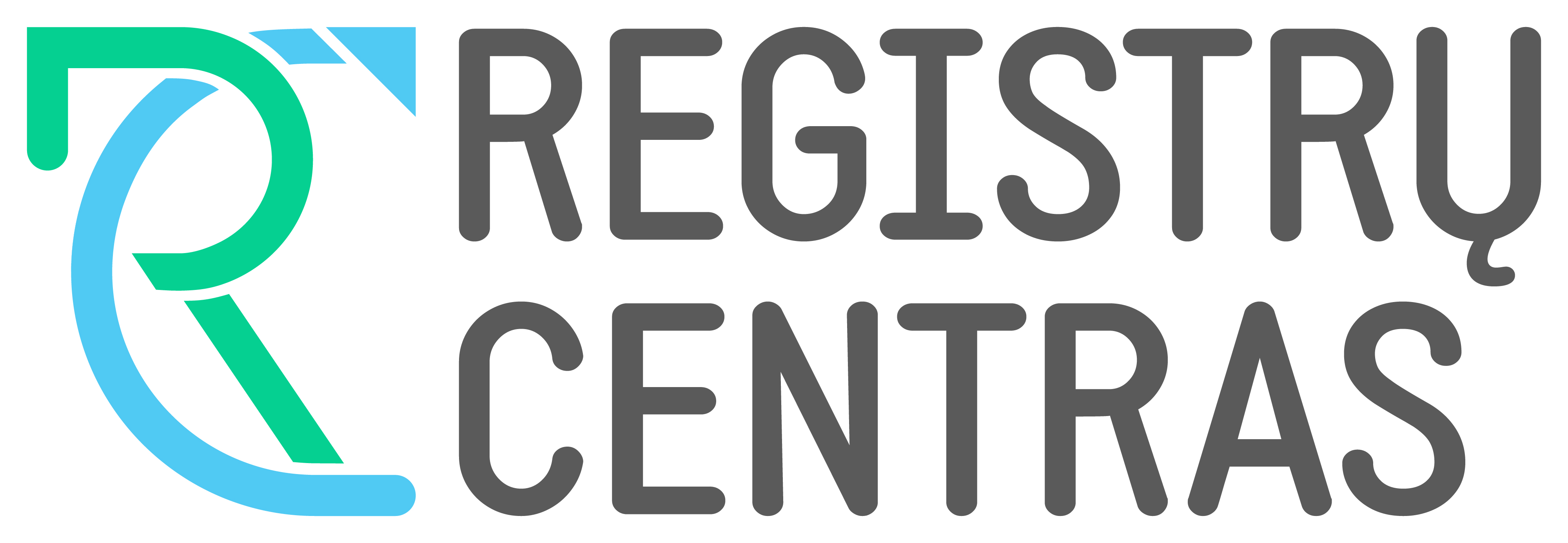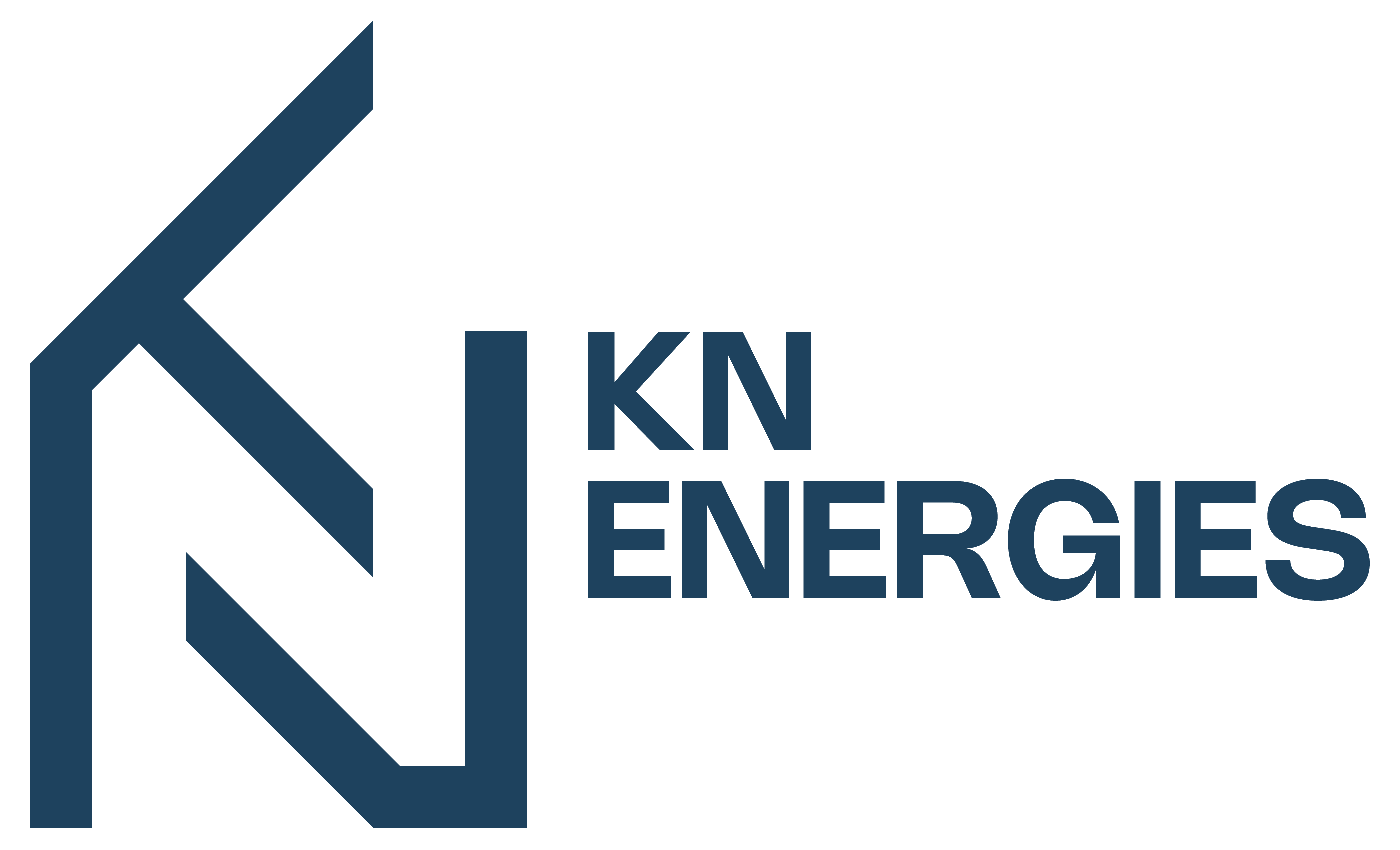OECD REPORT – DIVIDEND PAYMENT POLICY OF SOEs
This week, the head of the Governance Coordination Center, Vidas Danielius, participated in the meeting of the Working Group on State Ownership and Privatization Practices of the Organization for Economic Co-operation and Development (OECD) held in Paris, where one of the most important issues was the analysis of SOE dividend policy and their payment in individual countries prepared by the initiative of the OECD and the World Bank. and the situation in Lithuania.
A detailed study was carried out, in which considerable attention is also paid to the Lithuanian dividend policy. The SOE dividend distribution procedure applied in our country has become more individualized and encourages companies to increase profitability, efficiency and achieve an optimal capital structure, so that as much of the earned profit as possible remains for investment development. It is very important that the dividend policy of SOEs is periodically reviewed and meets the expectations of the state and other shareholders,” says V. Danielius, head of the Management Coordination Center, who is also a member of the OECD State Ownership and Privatization Practices Working Group office.
He notes that the dividend policy of SOEs in Lithuania has been formed for more than 25 years. The first government resolution on dividends and profit payments was adopted in 1997. and it was established that the portion of profit allocated to dividends must be at least 7 percent. equity capital. Later, according to the practice of OECD countries, dividends began to be calculated from the distributable profit of SOEs.
In 2018 the portion of profit earmarked for paying dividends for the financial year began to be linked to return on equity (ROE). This means that the payment of dividends depends on the company’s efficiency: the higher the ROE of the reporting year, the smaller part of the profit the SOE has to pay out as dividends to the state budget.
In 2021 The government approved a resolution that sets the main performance indicators expected from each SOE, including dividends. While most SOEs have stuck to the traditional ROE-based dividend payment scheme, some SOEs have opted for a different scheme – fixed and annual increasing amounts or a certain percentage of some of their KPIs – allowing for a more personalized approach to the company’s dividend payout.
Drawing the attention of OECD colleagues, Danielius noted that the contribution of SOEs to the state budget is increasing every year. Despite the challenges of recent years – the COVID-19 pandemic and the geopolitical crisis – some SOEs lost relatively large revenues, but contributions to the state budget during this period remained unchanged and increased – from 150 million to in 2019 to more than 180 million in 2022 Last year, SOEs added 183.7 million to the state budget with dividends, profit contributions and atypical taxes paid. euros – this amounts to an average of 66 euros for every resident of Lithuania.
The Governance Coordination Center represents Lithuania in the OECD Working Group on State Ownership and Privatization Practices. This working group exchanges information between OECD member countries on improving the governance of SOEs and oversees the implementation of good OECD governance practices.









